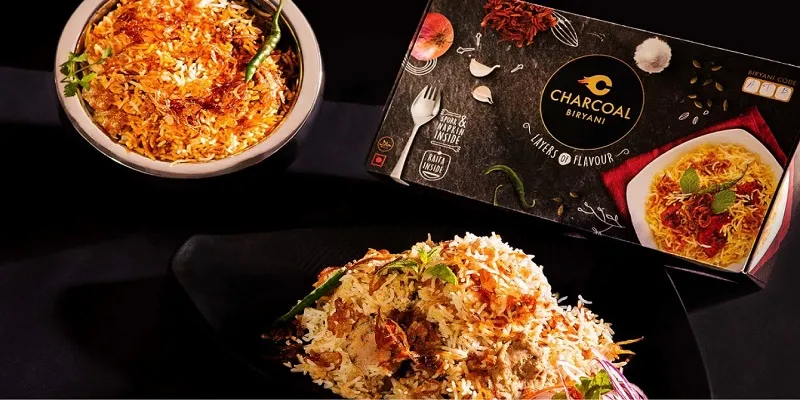QSR startup Charcoal Biryani raises seed funding of $150,000 from Lion Ventures and Coverfox founders
Full-stack quick-service restaurant (QSR) venture Charcoal Biryani has raised a seed round of $150,000 led by LionVentures and from HNIs - Varun Dua, CEO of Coverfox, and Devendra Rane, CTO of Coverfox. Co-promoted by Anurag Mehrotra and Krishnakant Thakur from LionVentures, Mohammed Bhol, Mikhail Shahani and Gautam Singh, it started operations in Mumbai last September.
With this round of funding, the team is aiming to develop its technology for expansion. The company plans to scale it up to other cities like Bengaluru, Pune and NCR and become a pan-India brand and also add more products to its pipeline.
According to Varun of Coverfox, though it is a challenge to maintain consistency of food on a large scale in the QSR segment, Charcoal Biryani seems to have cracked it. “Also it has a strong product at its nucleus that is enabled by in-house technology,” he adds.
Amit Tambre, senior lawyer and investor in Charcoal Biryani, says that the team has covered all possible pain points in terms of scale, consistency and also has a strong focus on customer service.
Key members of the team include Rohit Mehrotra, Rohan Mehrotra and Areez Patel. Since inception, the company claims to have seen 15x growth in its daily average volumes, served 30,000 customers and has an impressive rate of 30-percent repeat orders.

YourStory take
The QSR model for different kinds of food is fast picking up. However, any company in the segment needs to crack the Domino’s model, to break into a large market. While there were talks of a slowdown in investments in the foodtech and food delivery space, the past two months of the new year have already seen three investments, apart from Charcoal Biryani. These include Freshmenu, WIMI and B9 Beverages, and Swiggy.
Indian consumers, especially those in the metros, are increasingly relying on ‘non-home cooked’ food, which has given rise to the new crop of foodtech startups, offering everything from fresh meals prepared by home chefs to home-delivered ready-to-cook ingredients, apart from doing restaurant deliveries.
However, the second-half of 2015 taught some lessons to the industry. With TinyOwl scaling back operations, Spoonjoy and few other startups shutting down, it is clear that these startups need to show that growth can be sustained at a lower burn.







